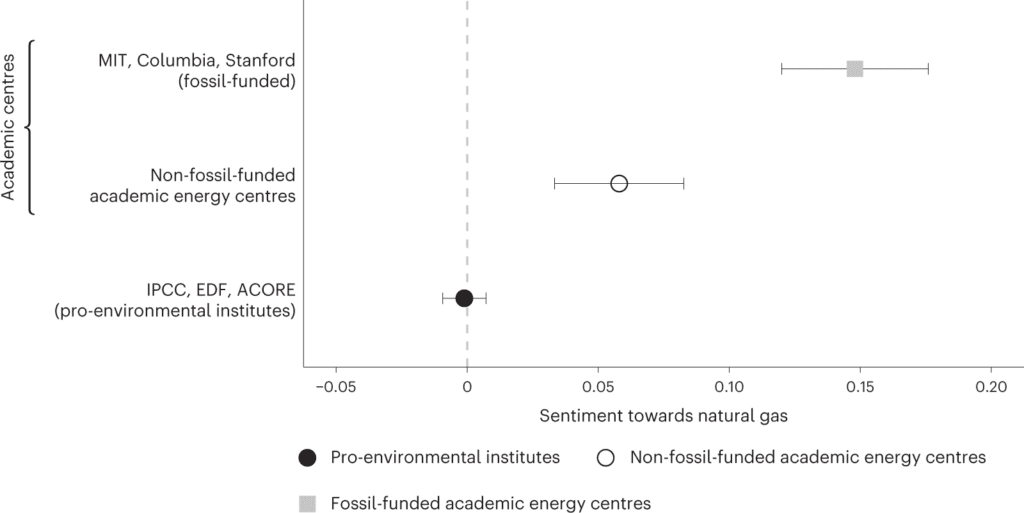Fossil-Free Research at Columbia refers to our push to put an end to the millions of dollars being funneled into Columbia’s environmental and energy research by fossil fuel companies. Our campaign, the first of its kind at Columbia University, has officially launched at the end of Fall 2023.
In July 2024, the University announced a faculty committee to study the issue of fossil funded of research and issue recommendations. Read more about the Committee in the official press release and in the Columbia Daily Spectator.
Fossil Fuel Donations
Our research revealed numerous conflicts of interest. Between 2005 and 2024, the university accepted at least $43,712,333 from fossil fuel companies. For interactive visualizations of our quantitative results, please visit https://sunrisecolumbia.org/data.
The Columbia recipients include:
- The School of International and Public Affairs (SIPA), which includes the Center for Global Energy Policy, accepted $21,461,997.
- The Center for Global Energy Policy, “a premier hub and policy lab for global energy thought leadership,” by itself, accepted $15,711,997.
- The Climate School, which “powers innovative research in the science, consequences, and human dimensions of climate change,” accepted $741,967.
Some fossil fuel donors include:
- Hess Corporation, a lesser known oil and gas company acquired by Chevron in 2023. They donated $15.52 million.
- Koch Family Foundations, which has also donated hundreds of millions to fund climate denial. They donated $4.15 million.
- ExxonMobile, who positioned themselves at the center of policy discussions in the 1980s to manage regulations. They donated $2.64 million.
Fossil Funded Studies
Columbia’s financial relationship with fossil fuel companies has been associated with a sentiment bias in Columbia’s climate research that aligned research outcomes with the interests of oil and gas donors. Additionally, we identified 784 specific studies funded by fossil fuel companies on the Global Oil and Gas Exit List (GOGEL) and the Global Coal Exit List (GCEL). Many of the funded studies published by CGEP lacked external peer review. 141 studies were funded by fossil fuel corporations who have given monetary donations.
Which research topics are receiving attention through funding?
Comprehensive sentiment analysis by Columbia researcher Douglas Almond, et al. on 1.7 million sentences across 26 universities (including Columbia) revealed that research centers (like CGEP) heavily funded by the fossil fuel industry exhibit a statistically significant bias in favor of natural gas over renewable sources.

Qualitative Results and the Center for Global Energy Policy
Of further concern, we found that several of Columbia’s influential program directors and researchers actively maintain close relationships within the fossil fuel industry. Many serve on corporate boards or directly advise energy executives. The quantity and nature of these entanglements raise serious concerns about conflicts of interest; we present significant evidence that these relationships allow fossil fuel companies to shape research priorities at Columbia and government policy. In particular, we show that oil industry connections at CGEP have concretely influenced pro-fossil fuel US government measures, directly compromising the university’s influence on our society as a whole.
- 32% of Columbia board members have recent ties to fossil fuel companies.
- At least 3 CGEP researchers, 6 CGEP advisory board members, 3 Trustees, and 5 Business School board members have fossil fuel ties.
An example of a fossil-funded CGEP report influencing environmental policy:
- In September 2014, a study titled “American Gas to the Rescue? The Impact of US LNG Exports on European Security and Russian Foreign Policy,” was published through CGEP. The funders were not disclosed, and the report did not receive external peer review.
- Carif Souki, co-founder of natural gas company Tellurian and CGEP advisory board member, was on the “research team.”
- The study was cited by Alamaba senator Richard Shelby in his opening remarks during a committee hearing in July 2015 on “Lifting the Crude Oil Export Ban.”
- Congress lifted the ban in December 2015, and crude oil exports increased by 500%.
Recommendations
- Cease acceptance of fossil fuel funding.
- Implement comprehensive transparency measures.
- Establish strict criteria for future donations.
- Set a strict timeline for a transition to fossil free research.
- Increase inclusion of affiliates in dialogue and decision-making.
